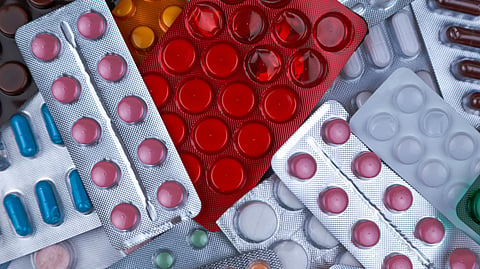The pharmaceutical sector has requested a government exemption from setting a ceiling price for any formulation that is cheap or costs up to ₹5 per unit. The lobbying group Federation of Pharma Entrepreneurs (FoPE) also requested last week's meeting to extend the current five-year price control exemption for patented medications to ten years. According to FoPE, a lot of businesses are carrying out research abroad in the lack of a 10-year exemption.
"All formulations sold at ₹5 per unit i.e. per tablet, capsule, ml, gm may be exempted from provisions of ceiling price," FoPE stated in its report to the secretary, Department of Pharmaceuticals (DoP). "The industry has been asking for this exemption for a long time. It would be desirable to allow...small manufacturing units to be kept outside the Drug Price Control Order (DPCO) provisions," stated a person in the know. Previously, exemptions from price ceiling laws for low-cost formulations had been requested by various lobby groups including the Indian Pharmaceutical Alliance (IPA), which represents the nation's largest drug manufacturing companies.


